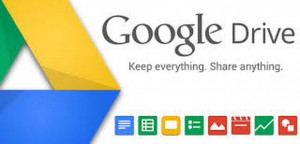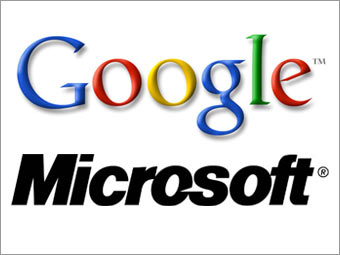 The European Union’s decision to take on Google last week stems from offical complaints by 19 companies in Europe and the United States, including Microsoft and a number of small firms, people familiar with the matter said on Friday.
The European Union’s decision to take on Google last week stems from offical complaints by 19 companies in Europe and the United States, including Microsoft and a number of small firms, people familiar with the matter said on Friday.
The list of complainants in the European Commission’s charge sheet, which includes companies not directly involved in the charges around Google’s shopping service, would make it easier for the regulator to expand the case beyond its preliminary focus on price-comparison shopping sites.
Being an official party to the case gives the companies an insider track on the regulatory proceedings as they will be able to get a copy of the detailed EU charge sheet and argue their case at a hearing of competition experts should Google ask for one.
While around 30 firms have since gone public with their complaints, to date no one other than the EU enforcer and Google knows exactly which parties have been included as official complainants on the charge sheet.
According to one of the sources, those parties include French legal search engine eJustice (including 1plusV which runs the Ejustice.fr legal website and search engine), British price comparison site Foundem, a German association of business listings VfT, and German magazine and newspaper publishers VDZ and BDZV.
The list also includes online mapping providers Euro-Cities, Hot-map and Streetmap, Italian news aggregator nnpt.it, Dutch football site Elfvoetbal, Microsoft, French price comparison site Twenga and US consumer reviews website Yelp.
Online travel sites Expedia, Odigeo, TripAdvisor, US comparison shopping website Nextag (including its German unit Guenstiger) and German publisher Axel Springer’s price comparison fashion site Visual-Meta are also in the list.
Lobbying group ICOMP and an anonymous complainant complete the official list. In addition British price comparison site Moneysupermarket.com is recorded as an interested third party.
Commission spokesman Ricardo Cardoso declined to comment, reiterating that it was the regulator’s policy not to disclose the names of complainants in antitrust investigations. Google did not respond to an email for comment.
The EU antitrust enforcer last week accused the world’s most popular search engine of cheating consumers and competitors by distorting web search results to favour its own shopping service in a move which could change the rules for online business.
BDZV and VDZ have a strong case with possibly the broadest complaint against Google’s actions in two areas, said Thomas Hoppner at law firm Olswang who is advising the two associations.
“We would certainly like to be at the oral hearing to express our views. Being an official complainant will ensure that we may comment on the statement of objections and, more importantly, any points Google may raise in its defence.”
Yelp said that US rivals have been a driving force behind the EU action.
“It’s been clear from our meetings that US-based companies have helped lead the charge by providing substantive evidence of Google’s harm to consumers,” said Luther Lowe, Yelp’s public policy director.
Yelp, Expedia, Foundem, ICOMP, Hot-Map, Euro-Cities and 1plusV confirmed that they are official complainants but did not know if they were named in the EU document. Other companies did not reply to requests for comment.







